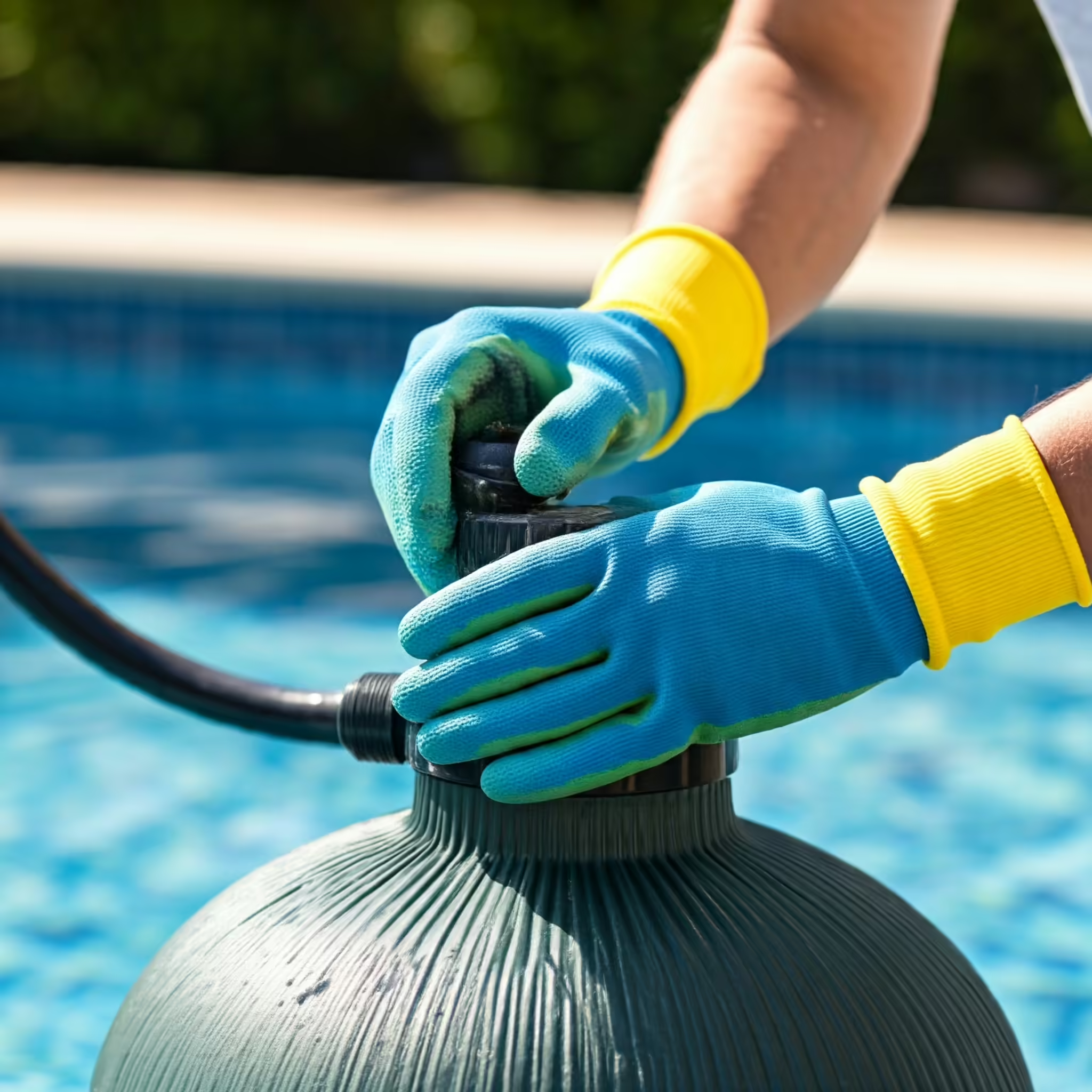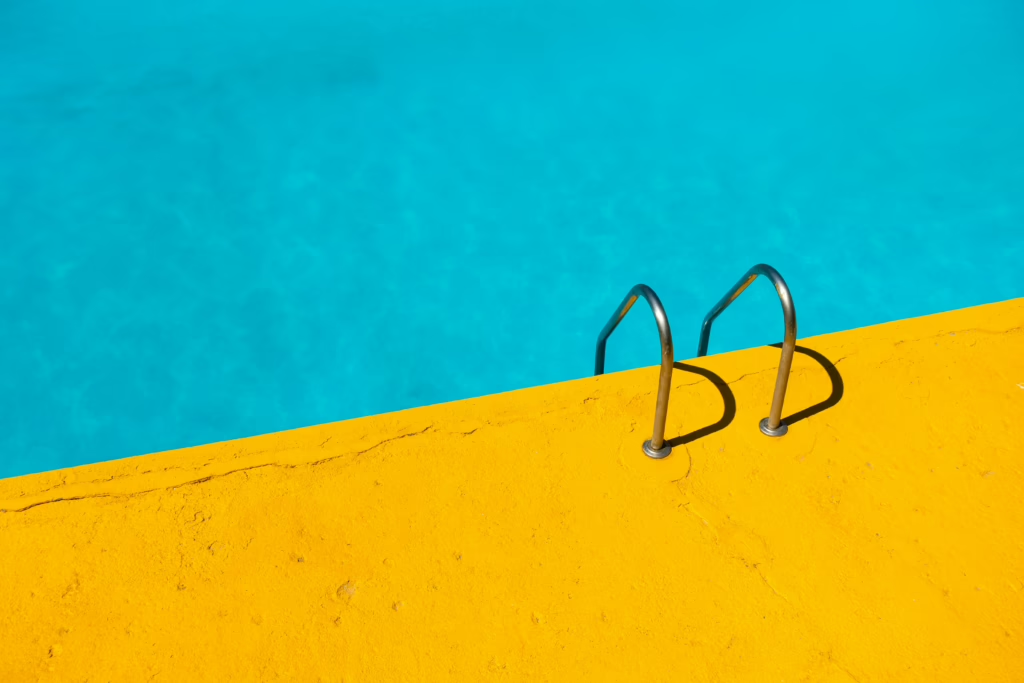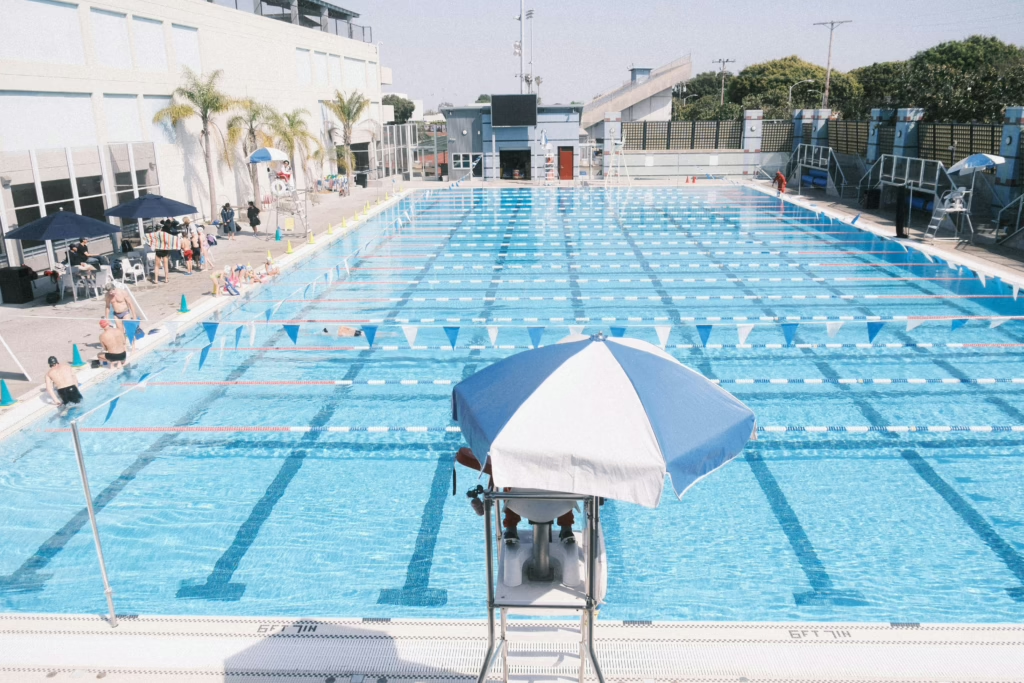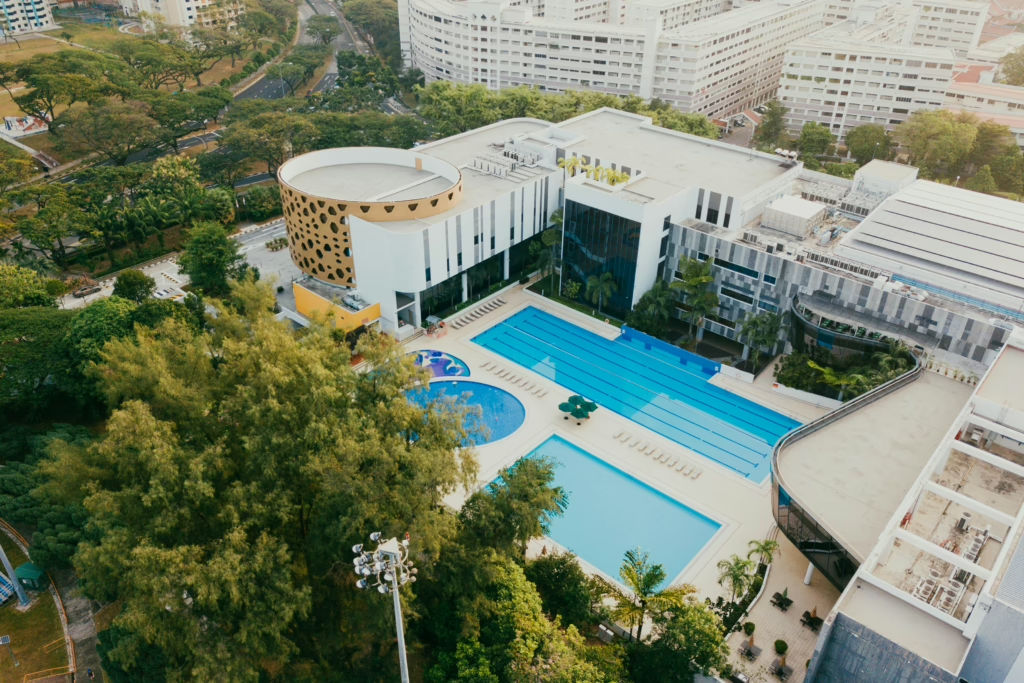Did you know that a properly maintained pool filter can extend the life of your pool equipment by up to 50%? Yet many pool owners underestimate how crucial this component is to their overall pool health. With San Diego’s year-round sunshine, your pool likely gets plenty of use—but that also means your filter is constantly working to keep your water crystal clear.
Understanding when and how to clean your pool filter isn’t just about maintaining water clarity—it’s about protecting your investment and ensuring a safe swimming environment for your family. Whether you’ve just installed a new pool or you’re a seasoned pool owner, knowing the ins and outs of filter maintenance can save you time, money, and frustration down the road.
If you’re searching for “pool filter cleaning near me,” finding a reliable and professional service provider can make all the difference. Here’s your comprehensive guide to understanding filter maintenance schedules, recognizing when it’s time for a cleaning, and choosing the best option for your specific pool needs.
Understanding Your Pool Filter Type
Cartridge Filters
Cartridge filters are popular for their efficiency and ease of maintenance. These filters use pleated polyester cartridges to trap particles as small as 10-15 microns, offering excellent filtration for residential pools. While they require more frequent cleaning (typically every 4-6 weeks), the process is straightforward—simply remove the cartridge and rinse it thoroughly with a garden hose.
Sand Filters
If you have a sand filter, you’re working with one of the more traditional filtration systems. These filters use special-grade sand to capture debris as water flows through. The beauty of sand filters lies in their simplicity—maintenance primarily involves backwashing every 4-6 weeks, which reverses the water flow to flush out trapped contaminants. While they may not capture particles as small as other filter types, their durability and low maintenance make them a popular choice for many pool owners.
DE (Diatomaceous Earth) Filters
For those seeking the finest filtration possible, DE filters are the gold standard. Using the fossilized remains of diatoms (tiny aquatic organisms), these filters can trap particles as small as 2-5 microns—that’s smaller than most bacteria! The trade-off is more intensive maintenance, requiring backwashing every 4-6 weeks followed by adding fresh DE powder. While they demand more attention, the exceptional water clarity they provide is often worth the extra effort.
Factors That Affect Cleaning Frequency
Environmental Conditions
Living in San Diego comes with wonderful weather, but it also means your pool is exposed to elements year-round. Nearby trees, local wildlife, dust, and pollen can all contribute to filter clogging. During fall when leaves are dropping or spring when pollen counts soar, you might need to clean your filter more frequently—perhaps every 2-3 weeks instead of the standard 4-6.
Pool Usage Patterns
How often your pool sees swimmers makes a significant difference in filter maintenance needs. A pool that hosts weekly parties or has daily swimmers will accumulate body oils, sunscreen, and other contaminants faster than a rarely used pool. If your pool is the neighborhood hotspot, consider bumping up your cleaning schedule to accommodate the higher bather load.
Water Chemistry Balance
Maintaining proper water chemistry isn’t just about comfort—it directly impacts your filter’s performance. Imbalanced pH or calcium hardness levels can cause scaling on filter elements, reducing effectiveness and requiring more frequent cleaning. Regular water testing and adjustment can help extend the time between filter cleanings.
Signs Your Filter Needs Immediate Attention
Pressure Gauge Readings
Your filter’s pressure gauge is like a check engine light for your pool system. When the pressure increases by 8-10 PSI above the normal operating pressure (which you should note when the filter is clean), it’s signaling that flow is restricted and cleaning is needed. Ignoring this warning sign forces your pump to work harder, potentially leading to premature failure.
Visual Water Quality Changes
Sometimes the most obvious sign is simply looking at your pool. If your once-crystal water has become cloudy or has visible floating debris despite regular skimming, your filter might be struggling to keep up. This decreased clarity often progresses gradually, so taking periodic photos of your pool can help you notice subtle changes over time.
Reduced Water Flow
When you notice the return jets in your pool pushing water with less force than usual, or your skimmer seems less effective at pulling in surface debris, restricted water flow might be the culprit. This reduced circulation not only affects filtration but can also impact chemical distribution and heating efficiency.
DIY vs. Professional Cleaning
When to Handle It Yourself
Basic filter maintenance is well within most pool owners’ capabilities. Cartridge rinsing, simple backwashing, and monitoring pressure readings are tasks anyone can learn with minimal instruction. Taking ownership of these routine procedures can save money and give you greater awareness of your pool’s overall health.
When to Call the Professionals
Despite your best DIY efforts, there comes a time when professional expertise is valuable. Deep cleaning of cartridges using specialized solutions, thorough DE filter grid cleaning, or troubleshooting complex flow issues often requires professional equipment and knowledge. Additionally, professionals can spot early signs of equipment wear that might escape notice during routine maintenance.
Cost Considerations
While professional cleaning services in San Diego typically range from $75-$150 depending on filter type and condition, this cost should be weighed against the value of your time and the potential expense of replacement equipment if maintenance is neglected. Many pool owners find that scheduling professional deep cleanings once or twice yearly, while handling routine maintenance themselves, offers the best balance of economy and effectiveness.
Extending Filter Life Through Proper Maintenance
Establishing a Cleaning Schedule
The key to filter longevity is consistency. Rather than waiting for problems to appear, create a maintenance calendar based on your specific filter type and usage patterns. Setting reminders on your phone or marking a physical calendar can help you stay on track with routine cleanings before issues develop.
Proper Cleaning Techniques
How you clean is just as important as when you clean. Using a gentle spray rather than high-pressure water on cartridge filters, ensuring complete drainage before adding fresh DE powder, or running the backwash cycle long enough to fully clear sand filters can significantly extend your equipment’s useful life.
Complementary Maintenance Practices
Supporting your filter with proper pool habits reduces its workload. Using tennis balls to absorb oils, employing pool covers to reduce debris, and maintaining proper chemical balance all contribute to a lighter load on your filtration system and less frequent cleaning requirements.
Frequently Asked Questions:
1. How long should my pool filter run each day?
Most pool professionals recommend running your filter for 8-12 hours daily during swimming season. In San Diego’s warm climate, year-round operation is typically necessary, though you might reduce hours slightly during cooler months.
2. Can I use a pressure washer to clean my cartridge filter?
No! High-pressure washers can damage the delicate pleats in cartridge filters. Always use a garden hose with moderate pressure, working from top to bottom to rinse debris from the pleats.
3. How often should I replace my filter media?
Cartridge filters typically need replacement every 3-5 years, sand media every 5-7 years, and DE grids every 7-10 years with proper maintenance. However, heavy usage or poor water chemistry can significantly reduce these timeframes.
4. Is there a way to tell if my filter needs cleaning without checking the pressure gauge?
Yes! Besides pressure readings, cloudy water, reduced flow from return jets, or the need to add chemicals more frequently than usual can all indicate a clogged filter.
5. Can I clean my filter at night?
While technically possible, cleaning in daylight is preferable as it allows you to better inspect components for damage and ensure thorough cleaning. If you must clean after dark, ensure you have adequate lighting.
6. Will using a pool service eliminate the need for filter cleaning?
Not necessarily. While regular pool service helps maintain water quality, many standard service contracts don’t include deep filter cleaning. Always clarify what’s included in your service agreement.
7. Does salt water affect filter cleaning frequency?
Salt chlorine generator systems can sometimes increase the frequency of cleaning needed, as they may produce more calcium scale. However, properly balanced salt water pools shouldn’t significantly impact filter maintenance schedules.
8. Can I use household cleaners on my pool filter?
Never use household cleaners or detergents on pool filters. These can cause foaming in your pool and damage filter materials. Only use cleaners specifically formulated for pool filters.
9. Should I clean my filter before closing my pool for winter?
Absolutely! Even in San Diego’s mild climate, if you reduce pool operation during winter months, always start with a clean filter. This prevents biological growth and hardened debris during periods of reduced circulation.
10. How do I know if I need a new filter versus just a cleaning?
If after thorough cleaning your pressure gauge still reads high, or if you notice tears, cracks, or collapsed pleats in cartridges, it may be time for replacement rather than just cleaning.
Final Thoughts
Maintaining your pool filter is one of the most impactful ways to protect your pool investment and ensure safe, clear water year-round. By understanding your specific filter type, recognizing the signs of reduced performance, and establishing a consistent maintenance routine, you can avoid many common pool problems before they begin.
Whether you choose to handle maintenance yourself or partner with a professional service, regular attention to your filtration system pays dividends in reduced chemical usage, lower energy costs, and extended equipment life. Remember that in San Diego’s climate, your pool is more than just a seasonal amenity—it’s a year-round retreat that deserves year-round care.
If you’re looking for dependable “pool filter cleaning near me,” PoolLogic offers comprehensive services tailored to your specific needs. With our simple 5-minute setup process, you can schedule your professional cleaning and be back to enjoying crystal clear water in no time. Our technicians not only clean your filter but also provide a complete system check to catch potential issues before they become problems.
Ready for better pool care? Contact PoolLogic today and discover why our attention to detail and commitment to excellence have made us San Diego’s preferred pool maintenance partner.



